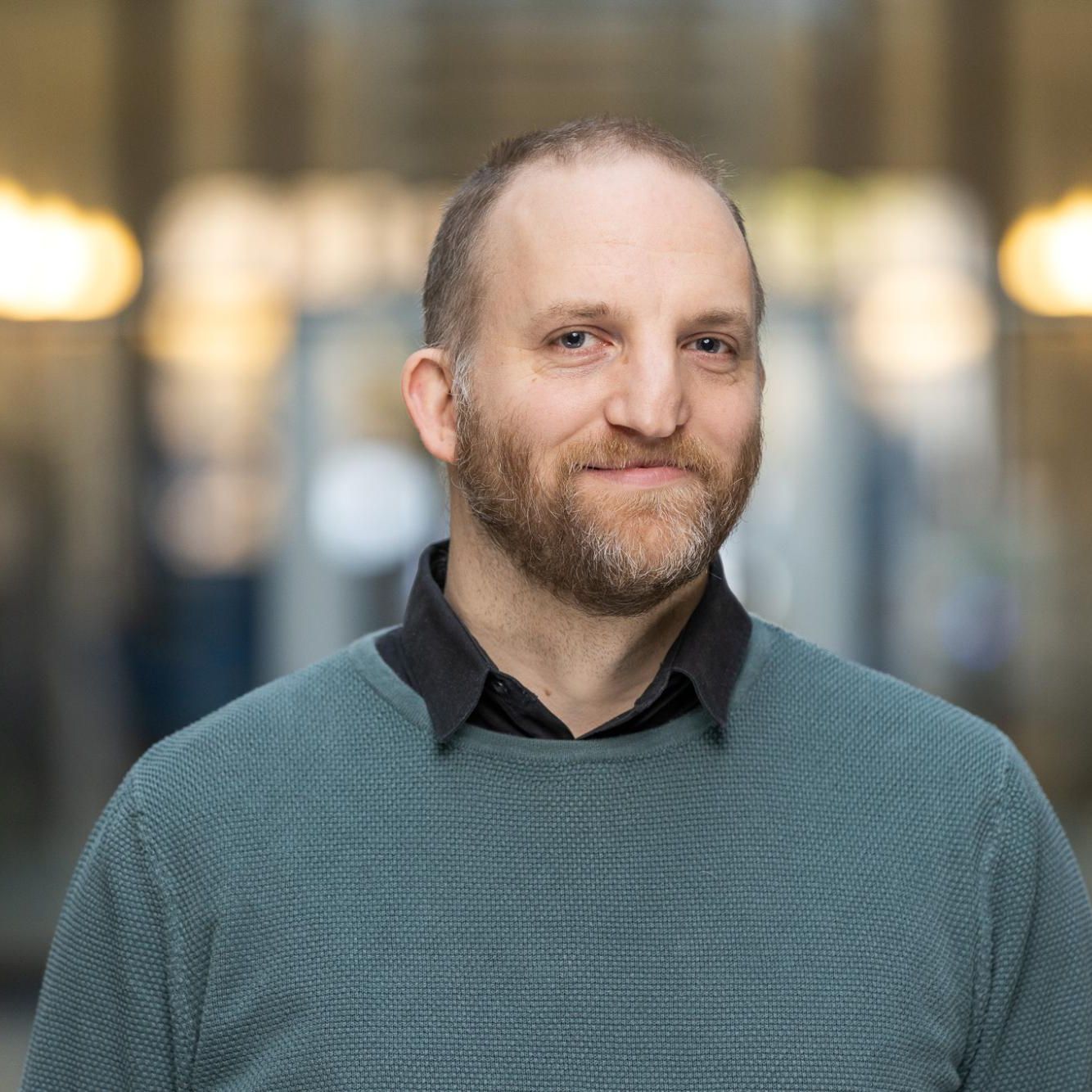

teaching a robot to assist surgeons
Mechatronic system engineer Bas Vet
Read more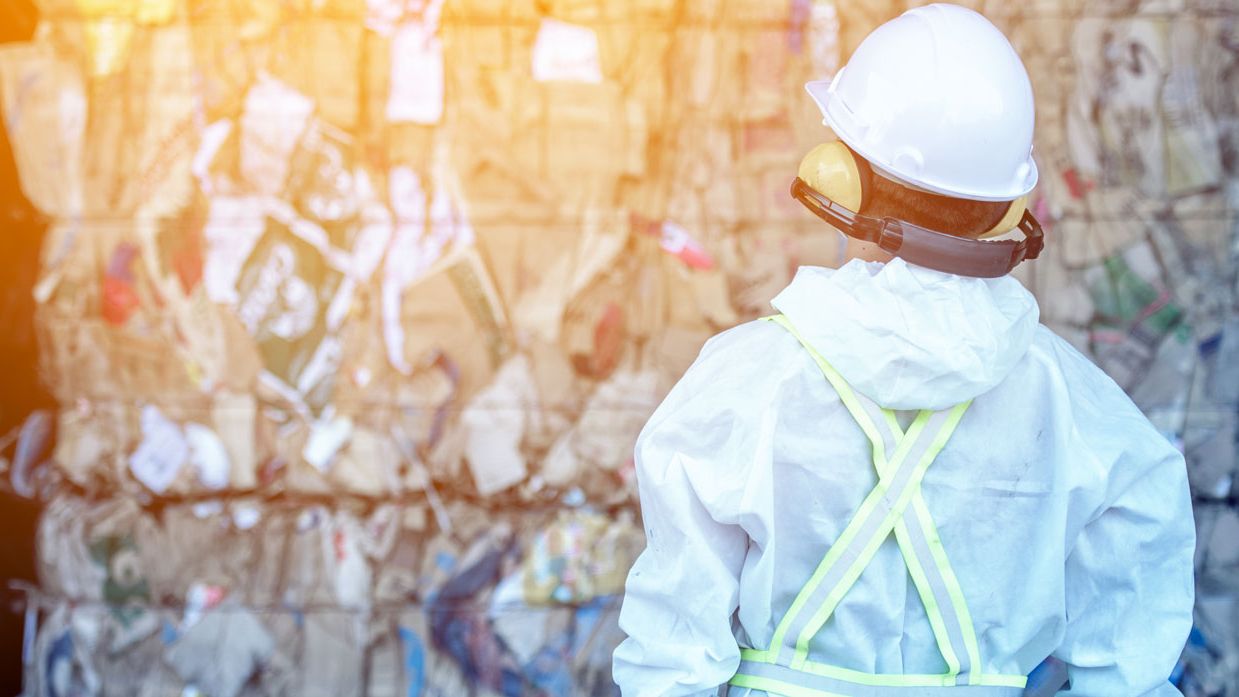
As chemical engineer, Thimo te Molder is involved in projects that have a positive impact on the world. The projects, for example, deal with waste processing, energy or recycling. He works at Demcon suster, a company that specializes in sustainable process technology. One of the projects he is currently working on is the recycling of plastic.
“Today, we often use petroleum to make plastic. Since this is a fossil raw material, that we would rather stop using, there are two options. First, we can try to recycle the plastic or, second, we can look for another raw material with which to make it. In my project we focus on the first option. I am currently working on recycling polystyrene, among other things. This type of plastic is used to make polystyrene foam, which is used for insulation and packaging materials, for example. Polystyrene foam has a very low density; after all, most of the material consists of air. Together with the company Pureps we have come up with a new way in which a byproduct from the process is used to make the polystyrene foam more compact. During this process, the air trapped in the polystyrene foam is removed. This is done at the collection site and reduces the number of trucks required to transport the polystyrene foam by a factor of approximately 50.”
“At Demcon suster we work together with a partner on the design of the process needed to reconvert the polystyrene foam into its original building block (styrene). In the first step, we remove the flame retardants, after which, in the next step, we convert the polymer chains into their original building block (styrene) through means of pyrolysis. The styrene can then be reused to make new clean polystyrene foam, thus completing the circle. We perform the calculations for the process design on the basis of knowledge that is already available and on the basis of dedicated experiments. We often design and operate a small pilot setup (mini-plant) ourselves for these types of experiments. Ultimately, materials are processed on a large scale in such a plant, with limited financial margins. No matter how sustainable your idea, the new technology must be competitive with existing products. Ultimately, you would like to come up with a design that is right the first time around. Because once the plant is built, there is virtually no going back.”
“I work on relevant themes that contribute to a better world. With this project I work on a method that helps reduce the depletion of the earth’s resources. We are doing this in a new way. I believe that by optimizing old ways of doing things you ultimately run into unsurmountable limitations. Tackling something in a fundamentally different way and bringing it to a successful completion is a challenge, but I think we are on the right path. I am proud that I am learning so much here and that I can do all kinds of things, ranging from making the calculations required to build the plant to writing software, conducting experiments and maintaining customer contacts.”
Project information
In the project “CO2 reduction and bromine removal through innovative polystyrene waste recycling” we partnered up with PUREPS and Suurmond to build and test a prototype EPS processing line. PUREPS has developed an innovative method to chemically compact Expanded Polystyrene (EPS), also known as Styrofoam, on site, and then fully treat brominated materials in a central processing system to recover pure (99.5% purity) styrene. In this project, we are trying to prove this method that exceeds current recycling methods.
This project was made possible by a grant from the EFRO program.


Mechatronic system engineer Bas Vet
Read more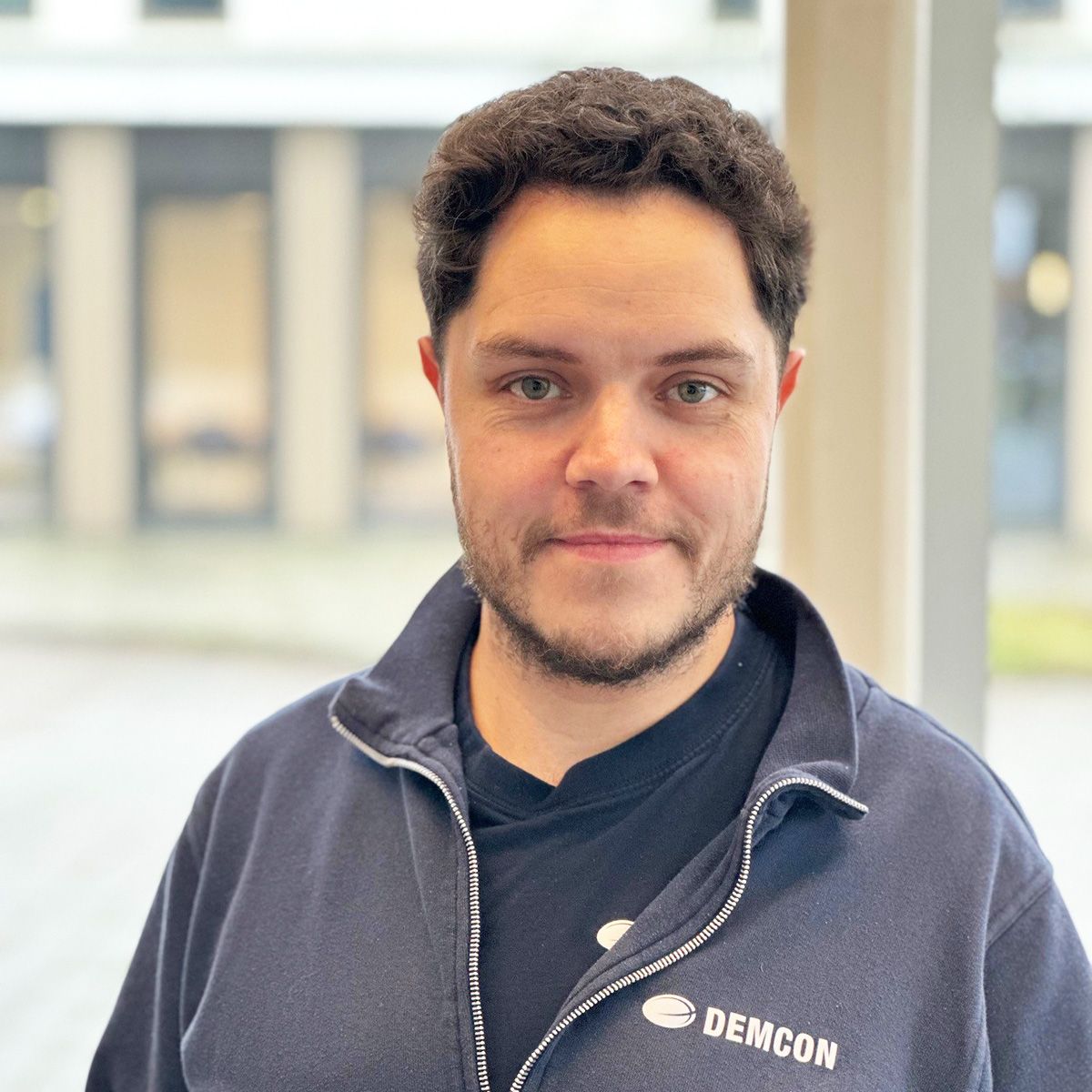

Assembly operator 2 Gino Folkers
Read more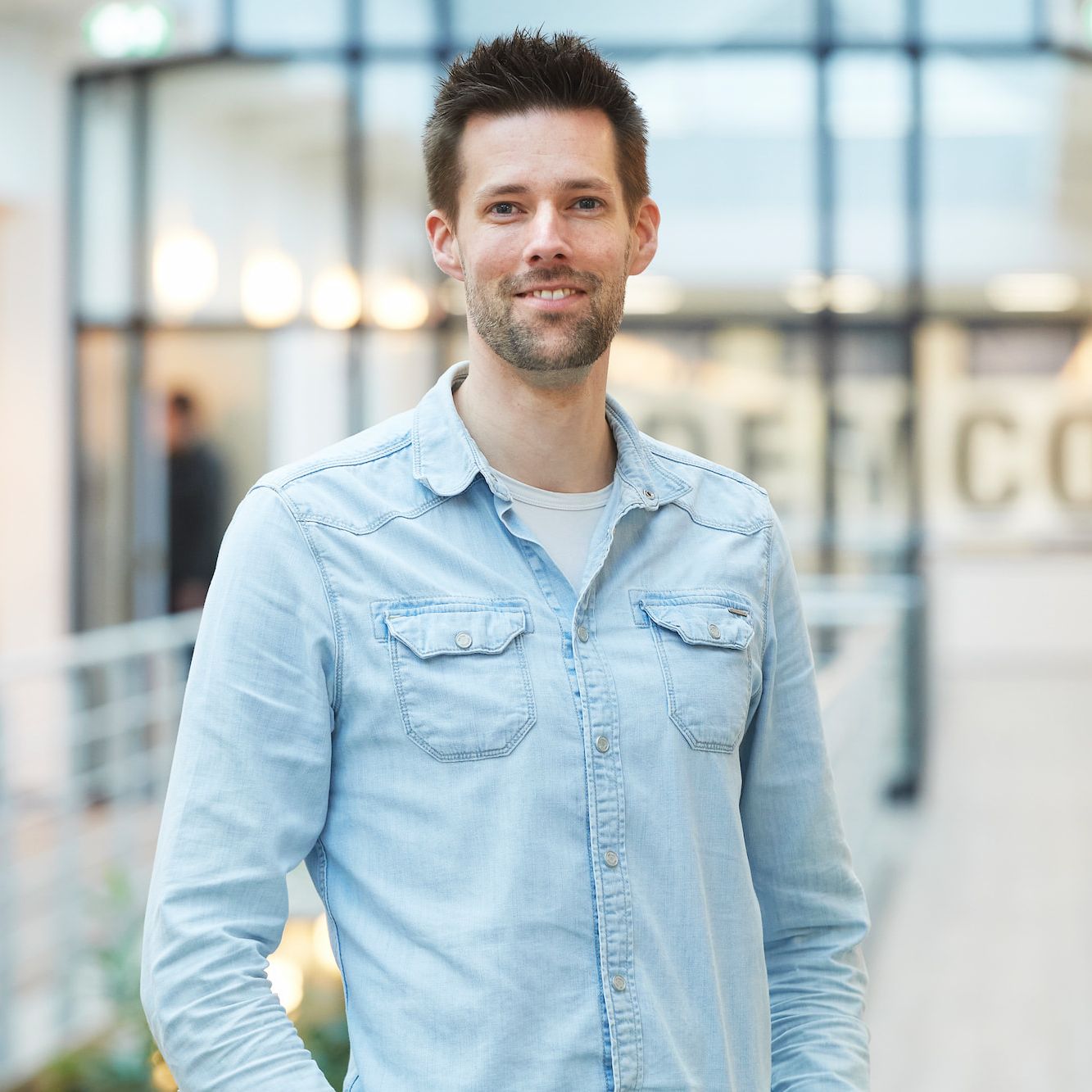

Senior mechanical engineer Michiel Aarts
Read more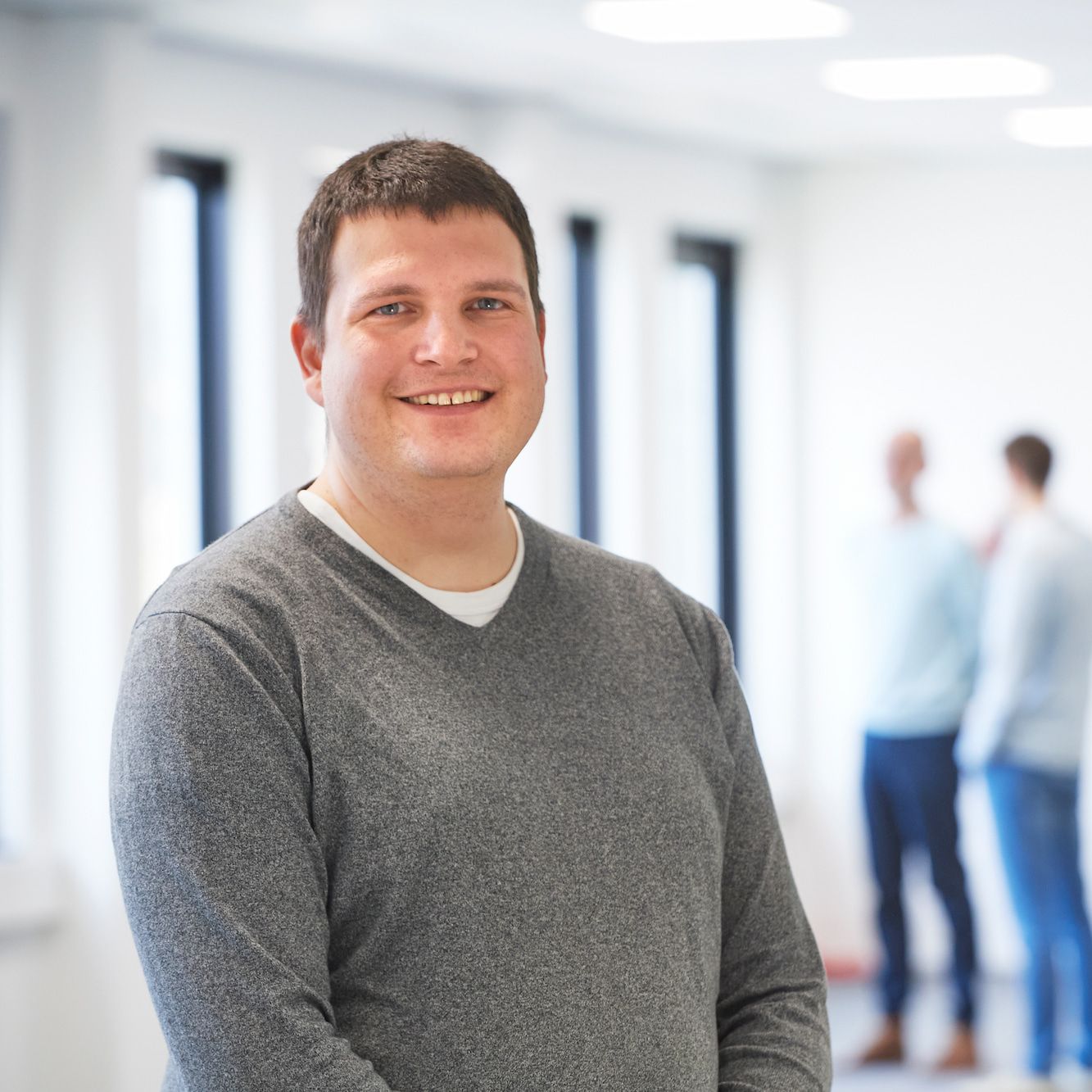

Senior software engineer Pieter Bijleveld
Read more